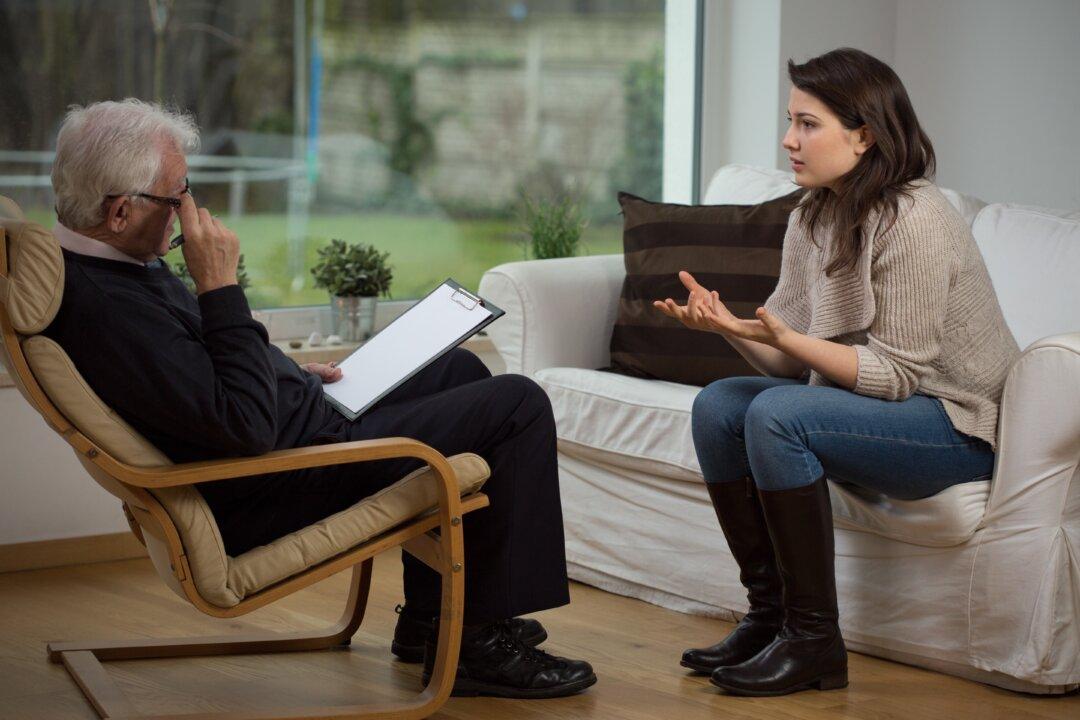You can’t work with someone who won’t work with you, right? Or can you?
Marsha comes into my office. She is furious at her husband Roger. She says he is becoming obsessed with his new motorcycle—to the point where he is neglecting her and the kids. She says, “He works all week and goes out every Saturday on that stupid thing with his friends and spends most of Sunday cleaning working on it. How could that motorcycle be so important? I regret ever agreeing to get it! To top it all off, Roger refuses to even talk to me about it. He says I always just get mad, but I can’t fix this by myself!”






